Tankless vs Tank Water Heater: Which is Right for Your Melbourne Home?
Choosing the right water heater for your home can be confusing. That's why we're here to help. In this guide, we'll compare tank and tankless models to help you make an informed decision. We'll cover important factors like cost, maintenance, installation, and lifespan, so you know what to expect. With our expert insights, you'll be able to make the best choice for your needs. Contact us anytime for additional assistance.

What is a storage tank water heater and how does it work?
Discover the trusty and economical choice for heating your home's water supply with storage tank water heaters. These tried-and-true devices retain water in a reservoir and then disperse it from faucets once heated. With efficient heating elements and accomplished insulation, the water remains at your desired temperature until usage. Although tankless water heaters dominate the market, storage tank water heaters remain the go-to solution for reliable hot water in both homes and businesses.

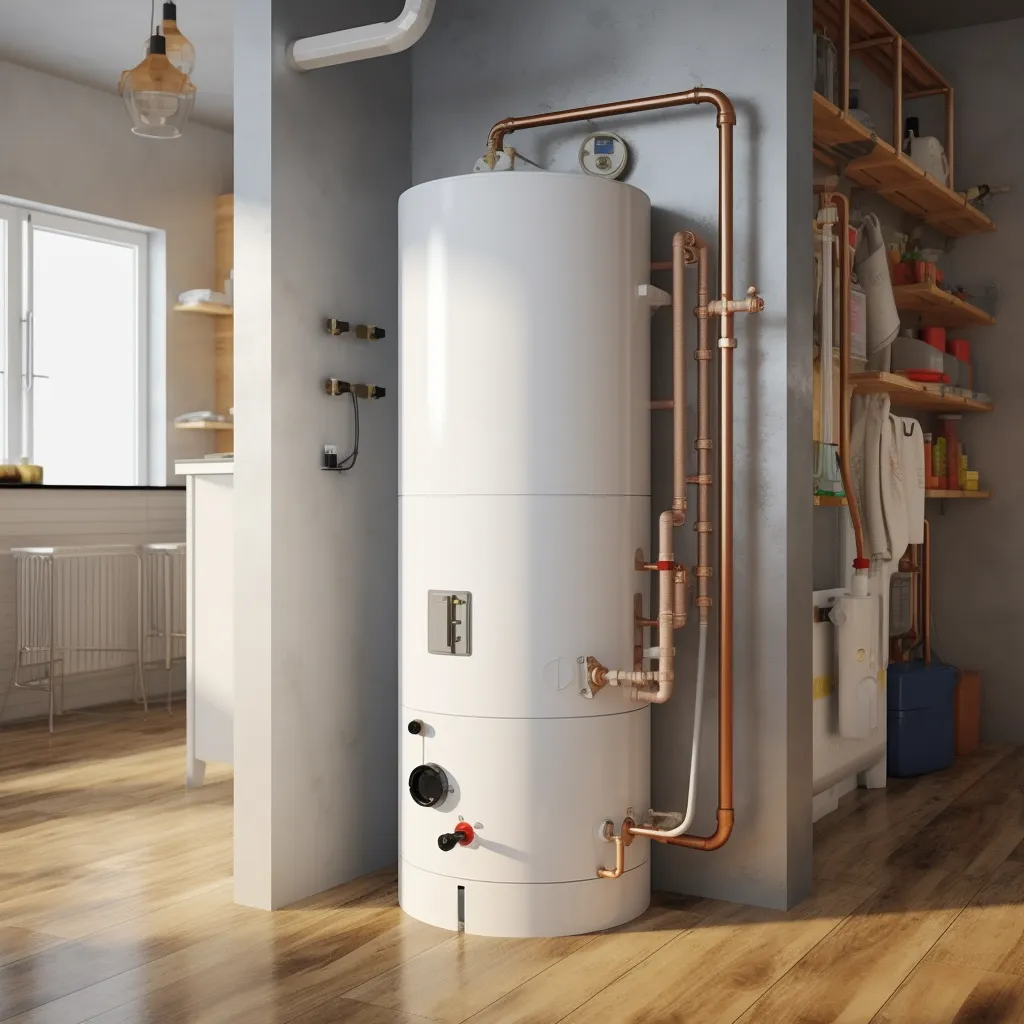
Benefits of a tank water heater
Tank water heaters offer several benefits:
Looking for an affordable way to heat your water? Look no further than the tank water heater! This budget-friendly option boasts a larger supply of hot water than tankless models, thanks to its storage capacity.
Say goodbye to cold showers and hello to a reliable source of hot water.
You'll also enjoy fewer malfunctions and lower maintenance costs, making it a smart investment for any homeowner.

What are the drawbacks of a tank water heater?
Tank water heaters come with several disadvantages:
Not enough room at home? You won't like this: Tank water heaters require more space than tankless heaters. Don't waste your precious living space.
Want to save on utility expenses? Ditch old tank water heaters. Upgrade to tankless now and say hello to energy-efficient hot water.
Long-lasting hot water? Choose tankless. Tank systems last only 8-12 years. You deserve better and deserve a tankless system that lasts up to 20 years.
Frustrated with running out of hot water? Make the switch from a tank water heater to a tankless system and never struggle with cold showers or baths again.
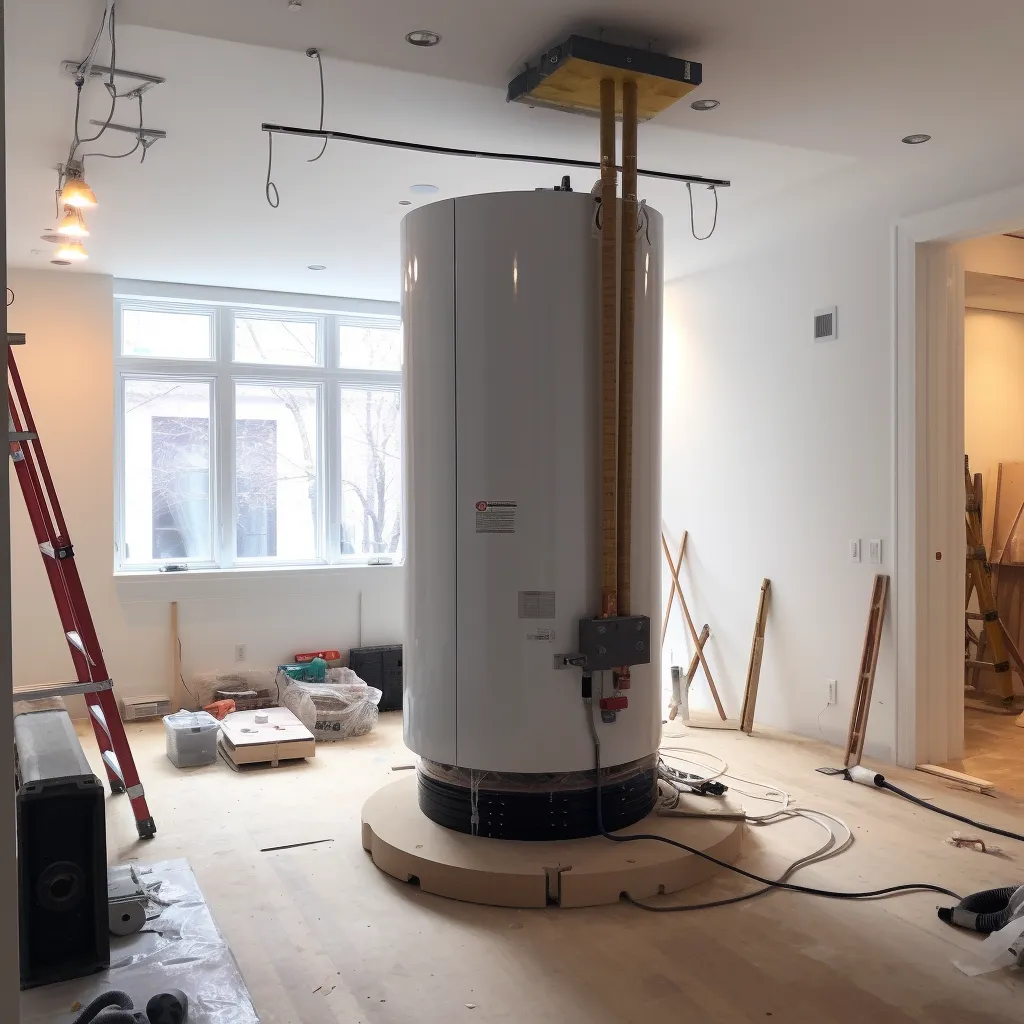
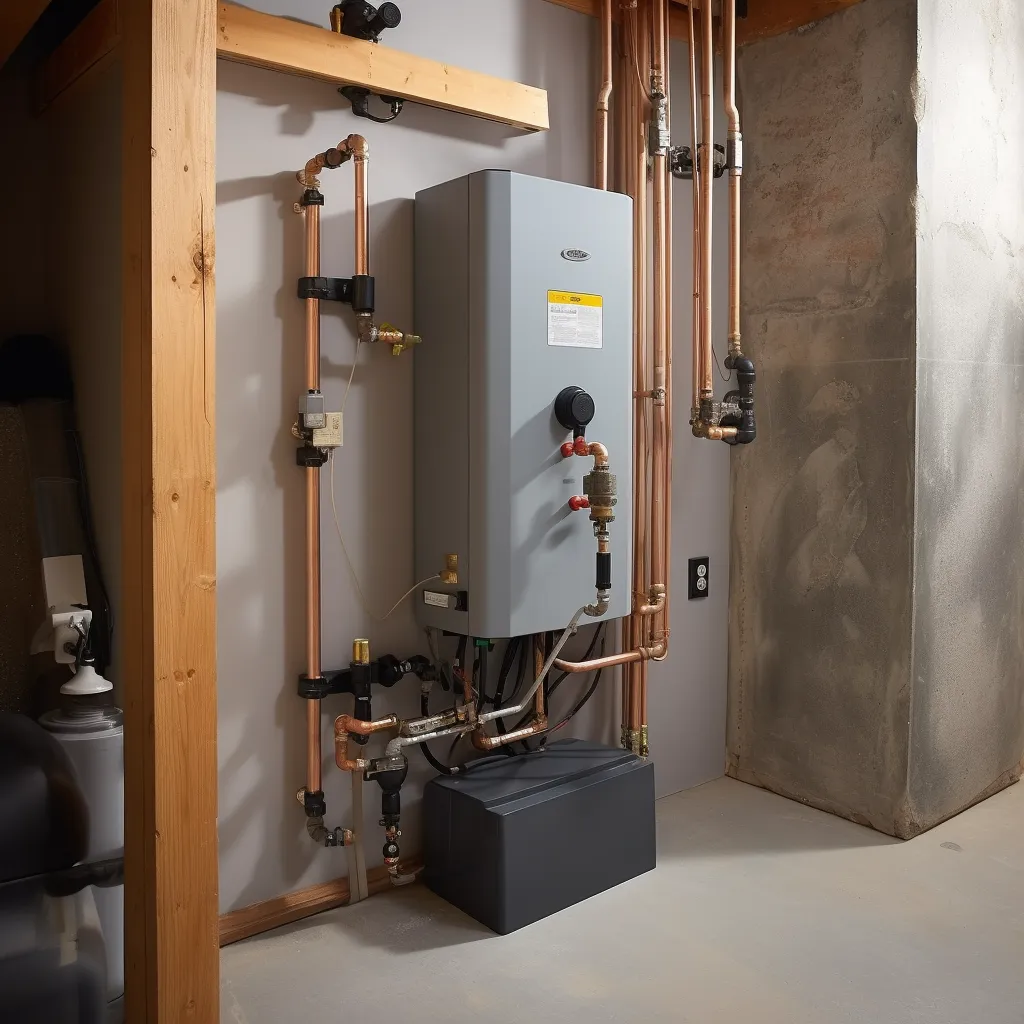
What is a tankless water heater and how does it work?
Get instant hot water whenever you want with tankless hot water heaters. No more bulky storage tanks! Unlike traditional models, these heaters heat water as it flows through the unit. Learn how they work: Just turn on the hot water and cold water enters the unit, passes through the heat exchanger, and is heated before dispensing hot water straight from your faucet. Upgrade to convenient and efficient on-demand hot water.
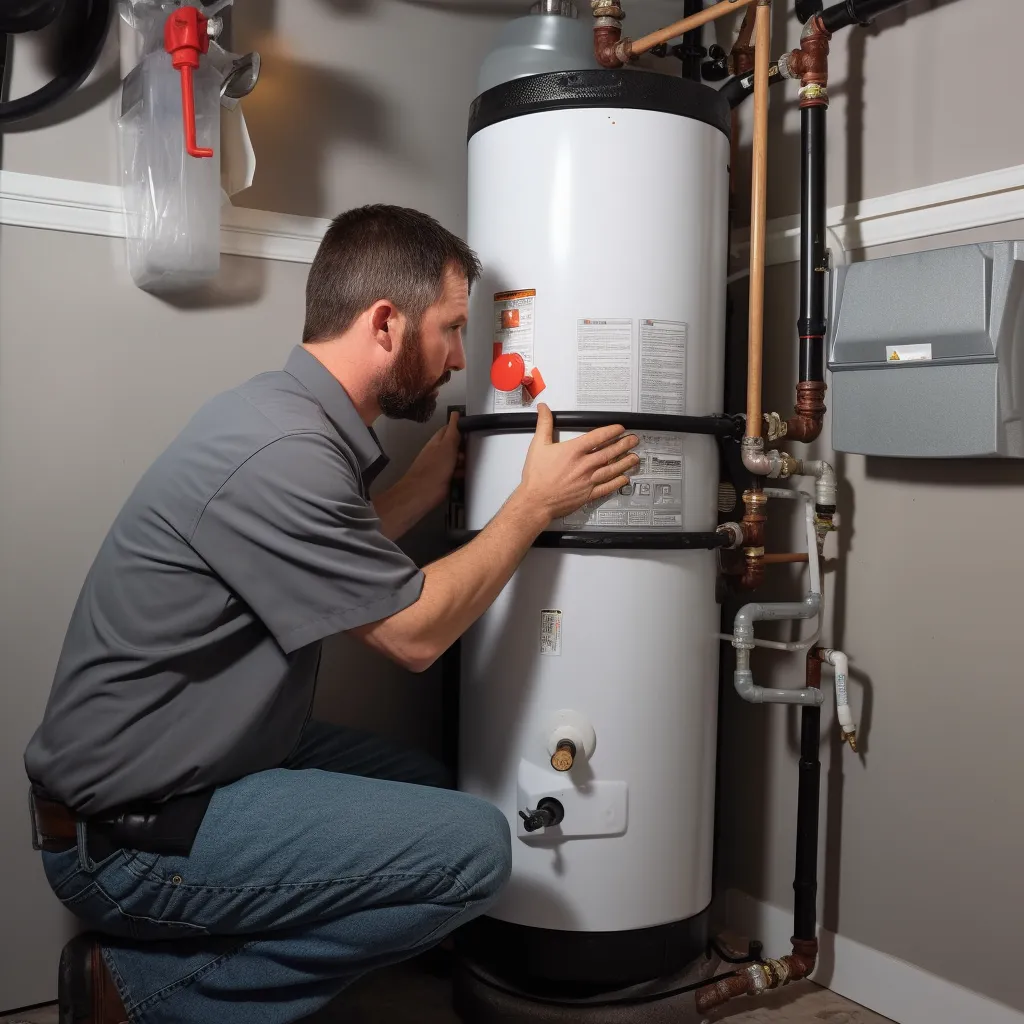
What are the benefits of a tankless water heater?
Tankless water heaters are now a popular option for homeowners nationwide due to their manifold benefits:
Say goodbye to high utility bills and limited hot water supply with a tankless water heater. Not only are they highly energy-efficient, but they also provide an endless flow of hot water on demand.
Make the most of your living space with a tankless water heater. Unlike traditional models, they don't store hot water, freeing up precious space in homes with limited square footage.
Why settle for less? Choose a tankless water heater with a longer lifespan of 15-20 years, compared to traditional tank water heaters' average of 8-12 years. Invest in the future and enjoy the benefits for years to come.
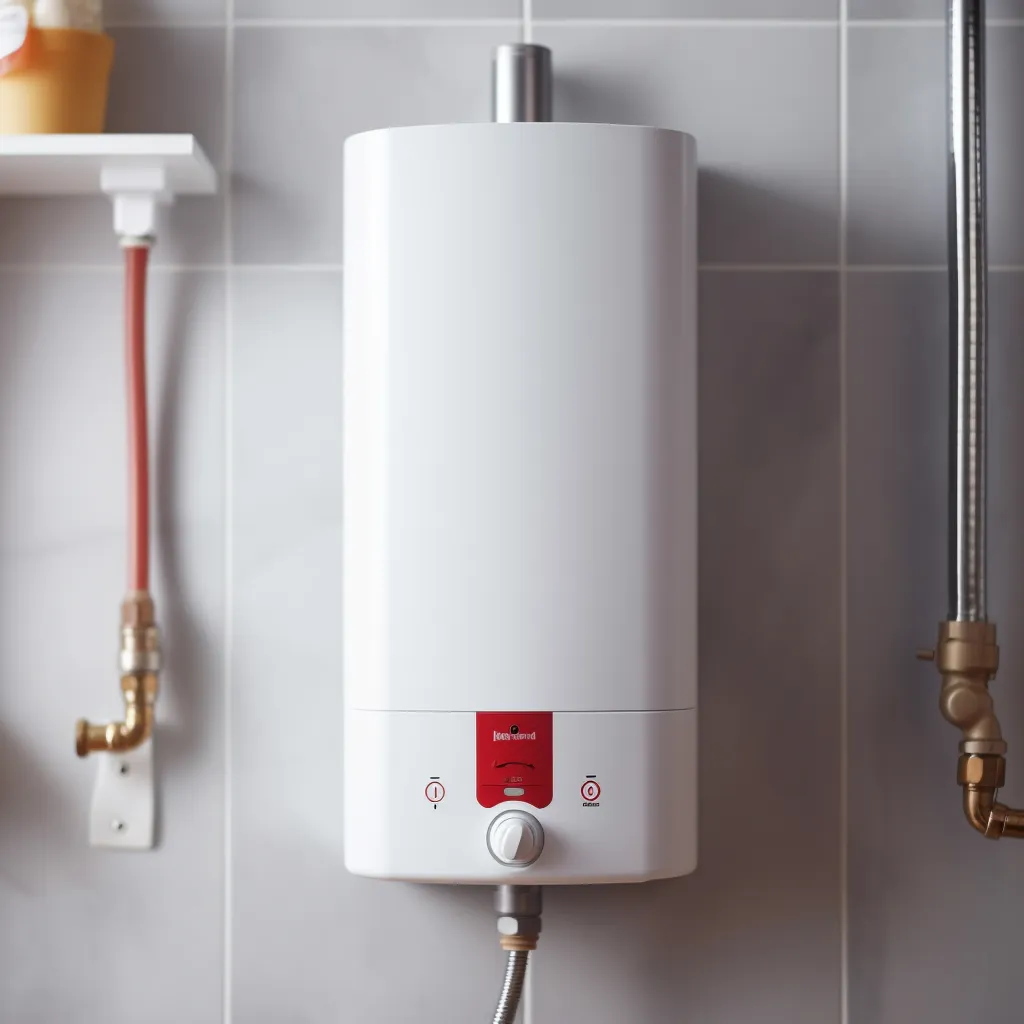
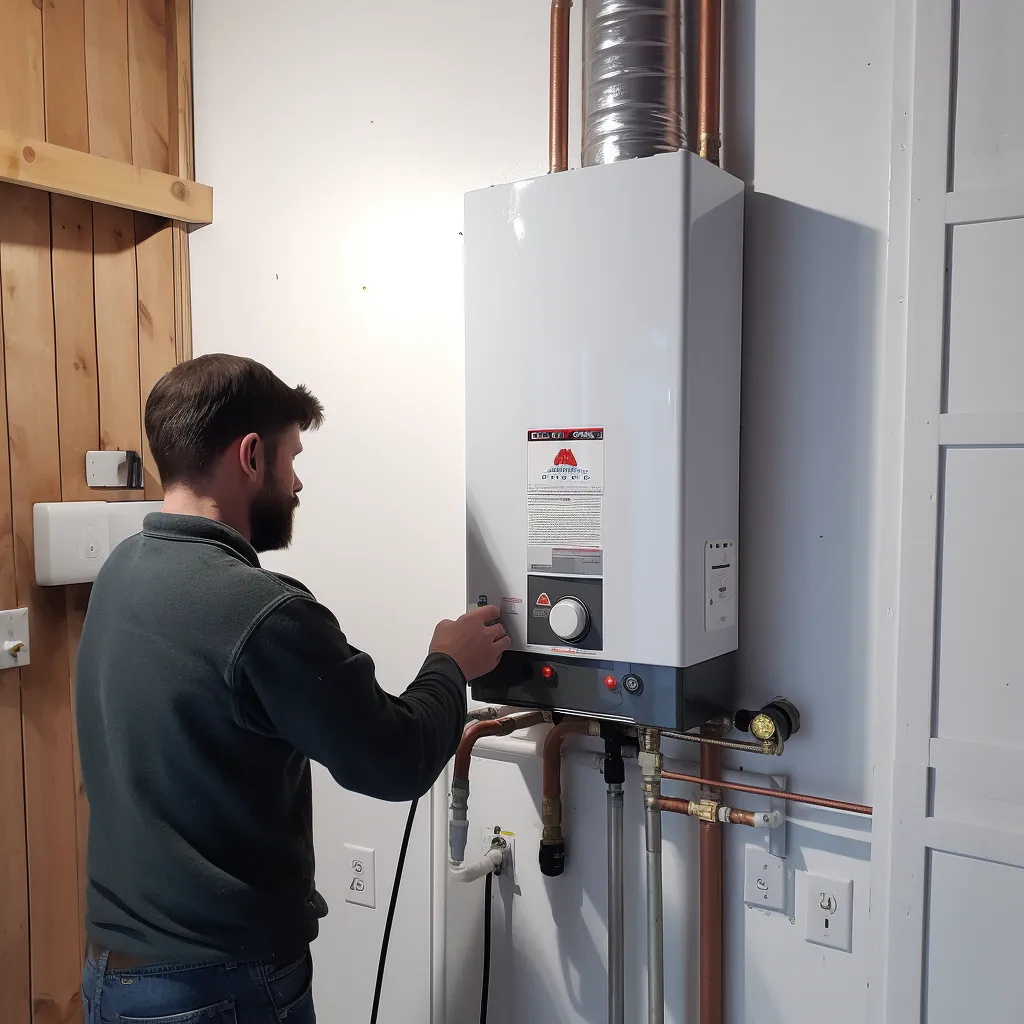
What are the disadvantages of a tankless water heater?
Tankless water heaters come with a few downsides:
ATankless water heaters may have a high initial cost due to installation expenses.
Maintenance is another issue because they require attention more frequently than traditional models.
Selecting the correct unit for your home is crucial, as opting for the wrong one could result in reduced hot water volume at high flow rates.
Some tankless systems might fail to accommodate high demand, resulting in temperature fluctuations.

Are storage tank water heaters energy-efficient?
Ditch energy-hogging water heaters. Old storage tanks constantly heat water, even when you don't need it. But don't despair - new tank models offer top-notch insulation and energy-saving features. While not the greenest option, they're still practical and reliable for many households. Upgrade today and enjoy lower energy bills.
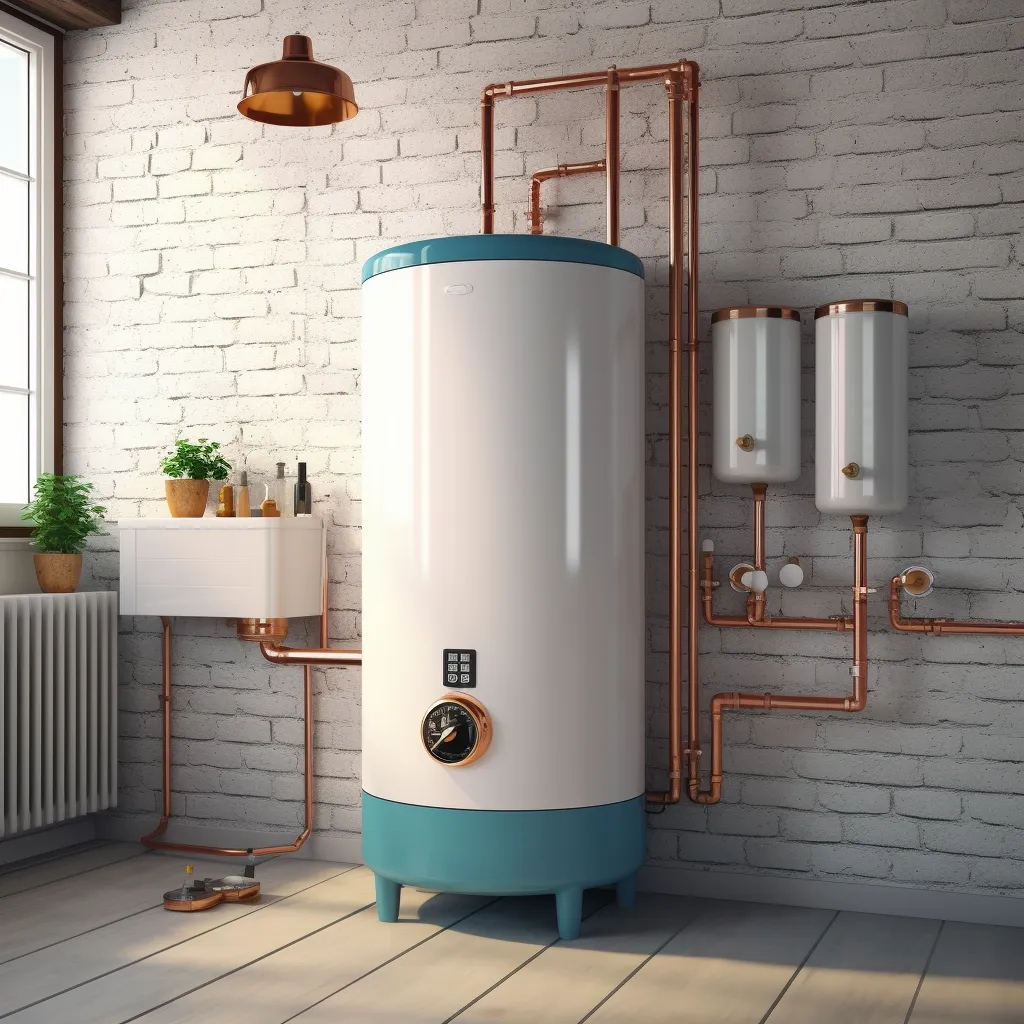
Are tankless water heaters energy-efficient?
Are you tired of constantly heating a large volume of water? Switch to tankless water heaters and enjoy up to 34% more energy efficiency than traditional tank-based systems. With tankless systems, water is only heated on demand, so you save money and energy by not having to maintain a consistent water temperature. Plus, they're more durable than traditional heaters, providing long-term savings in both energy and cost. Choose a smart and affordable solution with tankless water heaters!
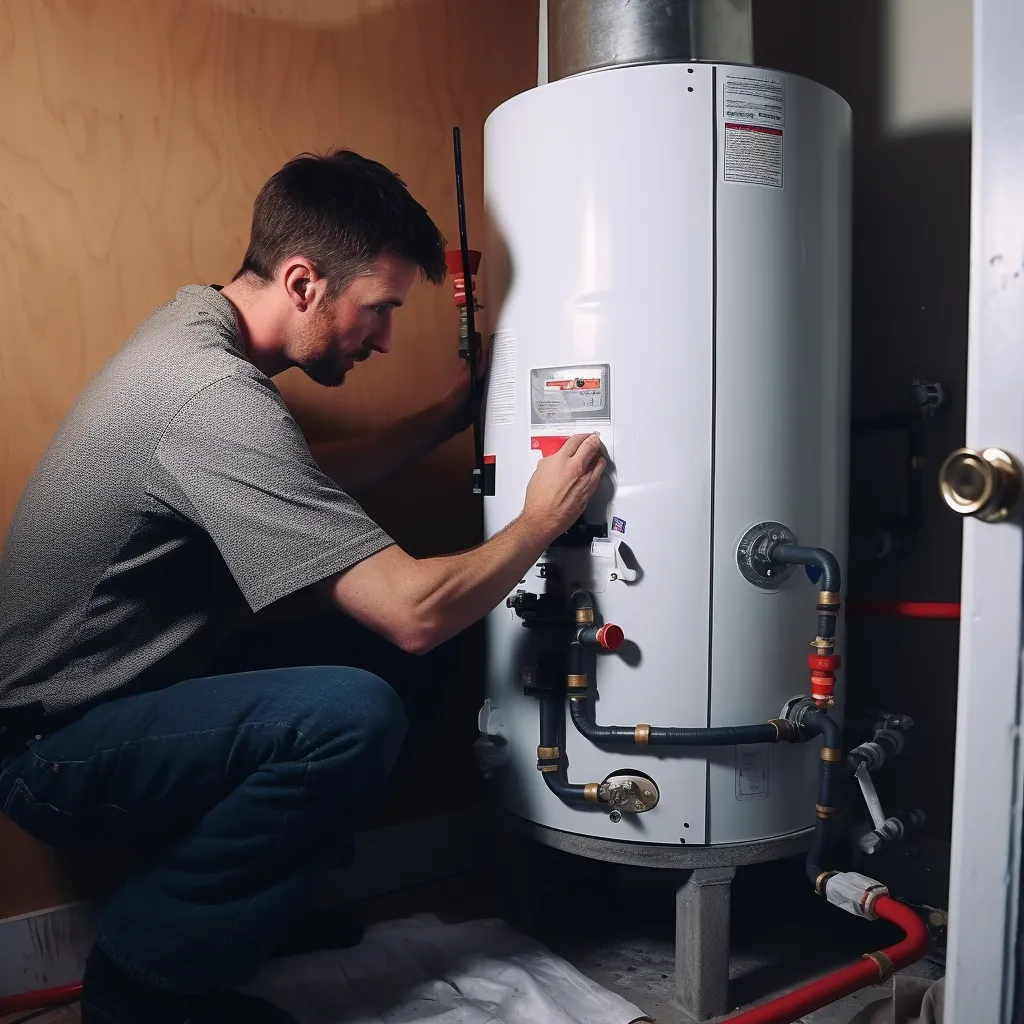
Cost to buy and install
a tank water heater
Get the right hot water tank for your home without breaking the bank. Tank water heaters are typically priced between $500 to $2,000, depending on their size and model features. If you want to go all out on additional features, prepare to spend more. Installation costs can peak up to $1,500, influenced by labor rates and plumbing conditions. Note that a stable electrical circuit and a dependable gas line are necessary. Before buying, make sure to get the appropriate tank size for your household to ensure sufficient hot water for everyone.

Cost to buy and install
a tankless water heater
Upgrade your home's water heating with a tankless unit - the latest in energy-efficient technology! With prices starting at $1,000, these systems run without a storage tank, delivering hot water on demand. Installation costs vary from $500 to $2,000, depending on your plumbing system and local labor rates. Keep in mind that a gas line and electricity source are required for installation, so make sure your home's infrastructure can handle the high energy demand. To get the right fit for your household's hot water needs, choose the correct unit size. Invest in a tankless water heater today for a more efficient home!

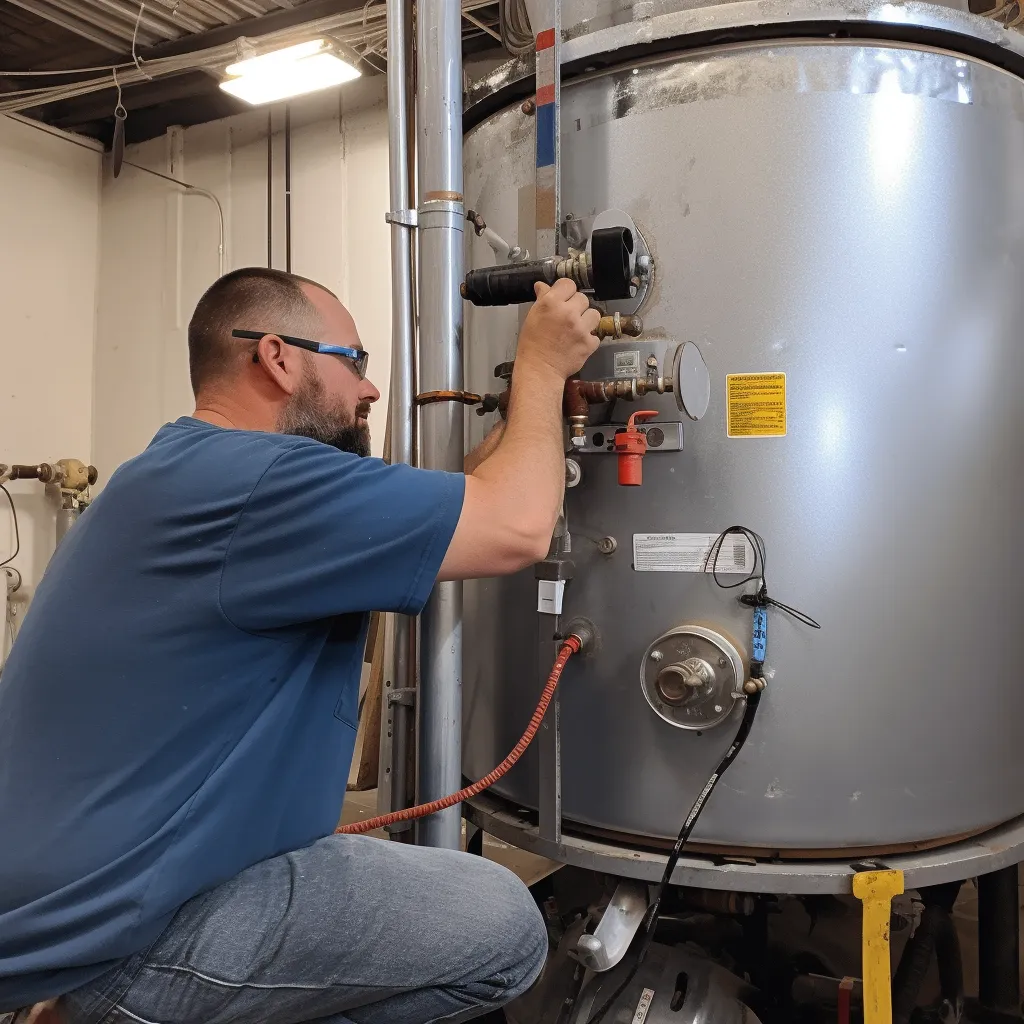
Common storage tank water heater maintenance issues
Storage tank water heaters come with several common maintenance issues:
Leakage: Leaky tanks can cause expensive water damage.
Corrosion: Corroded tanks or parts can be costly to repair and limit your system's efficiency.
Sediment Buildup: Accumulation of sediment in your tank can decrease efficiency and even cause damage to plumbing fixtures.
Improper Installation: Poor installations for tank water heaters can lead to dangerous situations like gas leaks and electrical shorts.
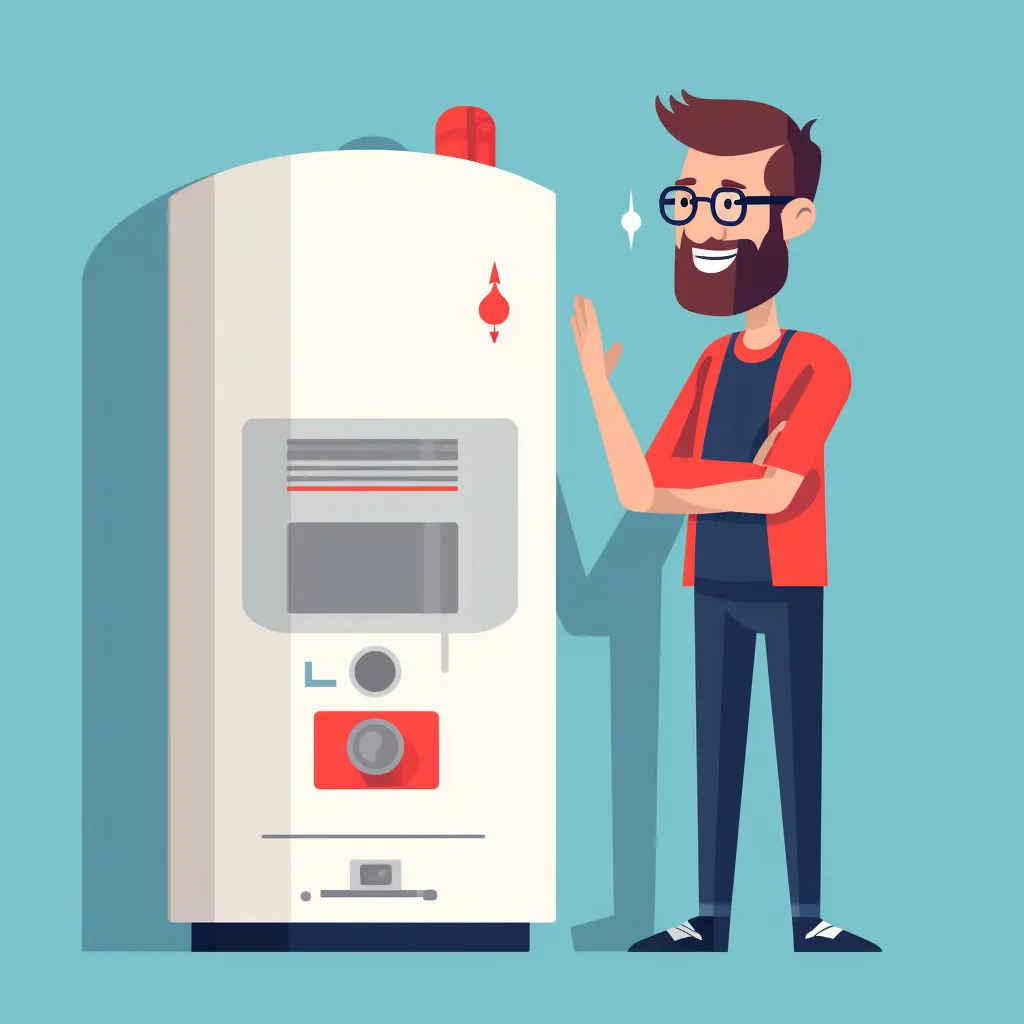
Common tankless water heater maintenance issues
Tankless water heaters are not immune to maintenance issues:
Sediment clogs can arise, just like with traditional tank systems, resulting in inefficiency and damage.
Scale buildup can form from hard water, causing a decrease in performance and lifespan.
Tankless systems necessitate more electricity than traditional heaters, so make sure your home can handle it.
Ensure that your gas line is secure and leak-free since tankless water heaters require a larger gas line.
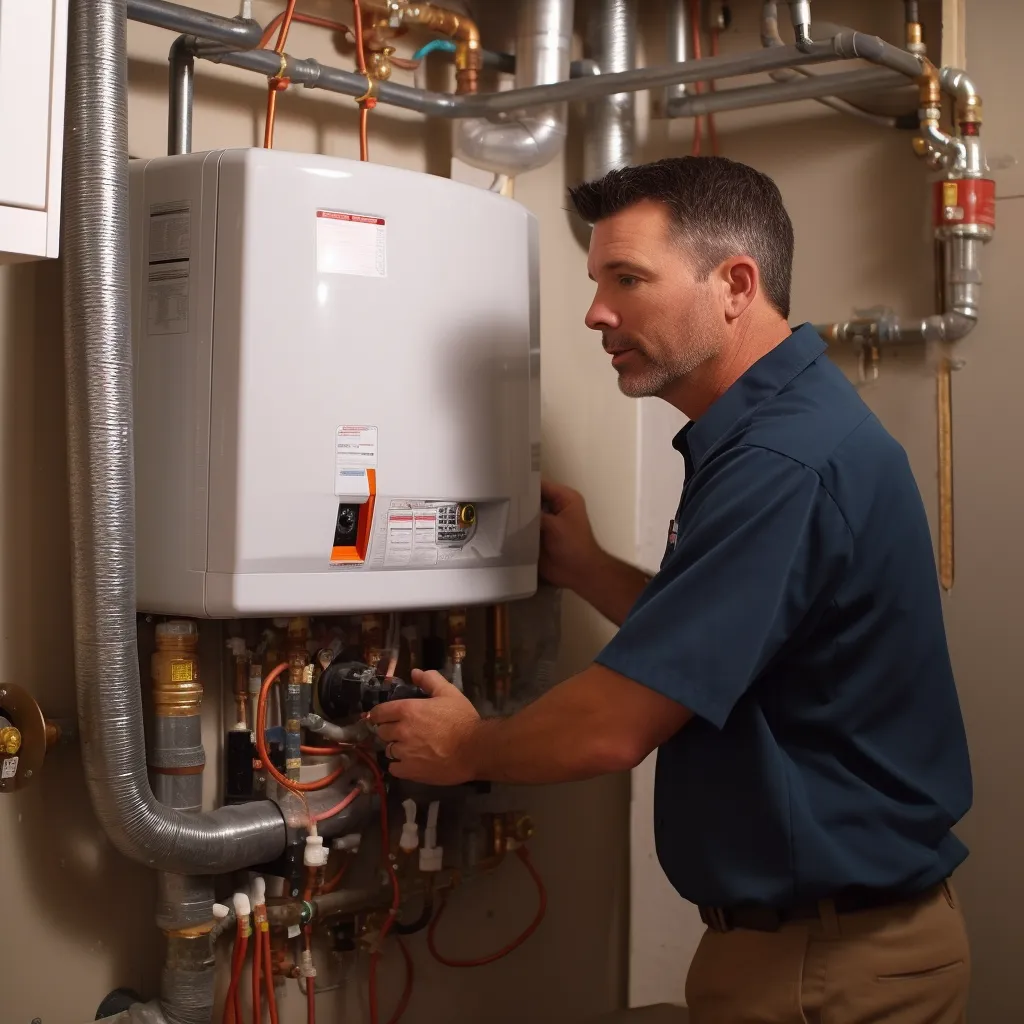
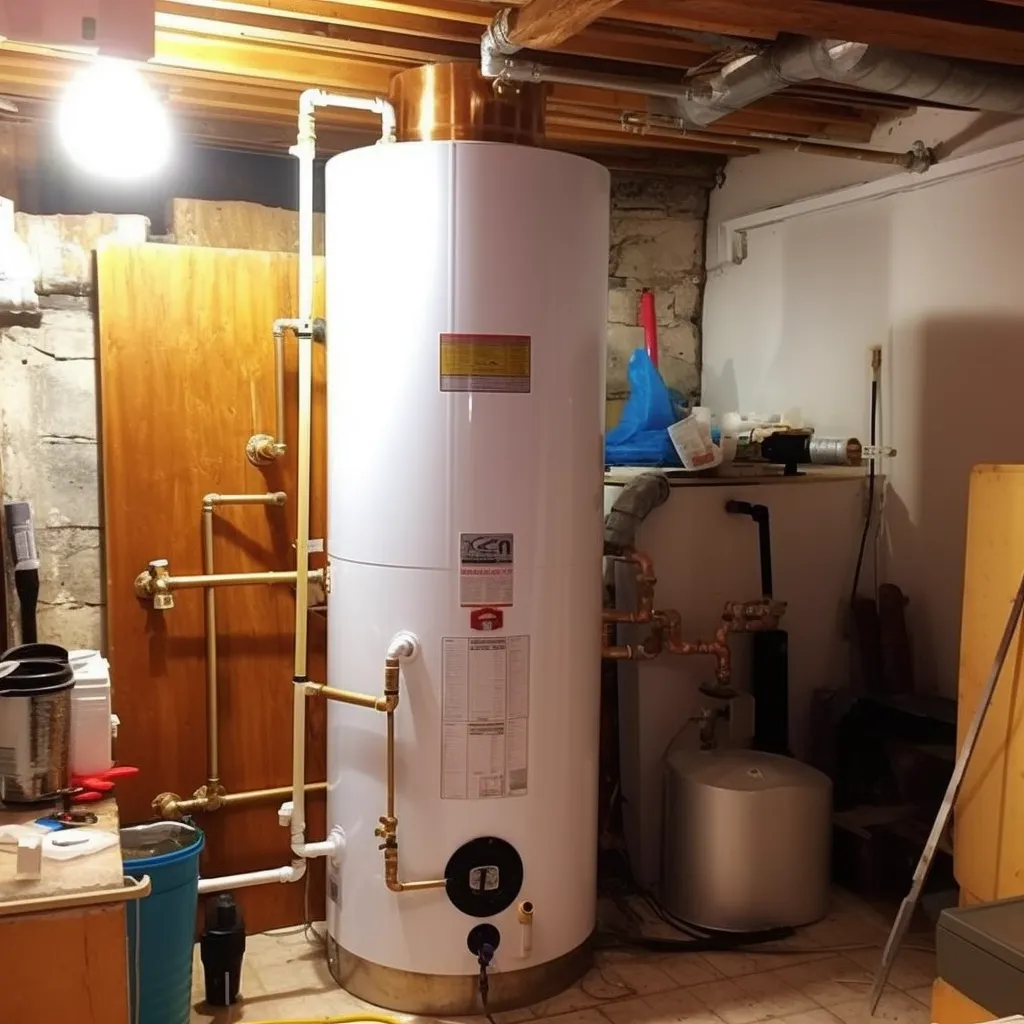
What is the lifespan of a tank water heater?
Wondering how long your tank water heater will last? While it typically functions for 8-12 years, various variables such as usage patterns, maintenance, and quality can impact its longevity. Keep an eye out for signs like leaks, rust-colored water, temperature decline, and unusual noises, which could indicate your unit is reaching the end of its lifespan. If you notice any of these indicators, it's best to reach out to a professional for advice.
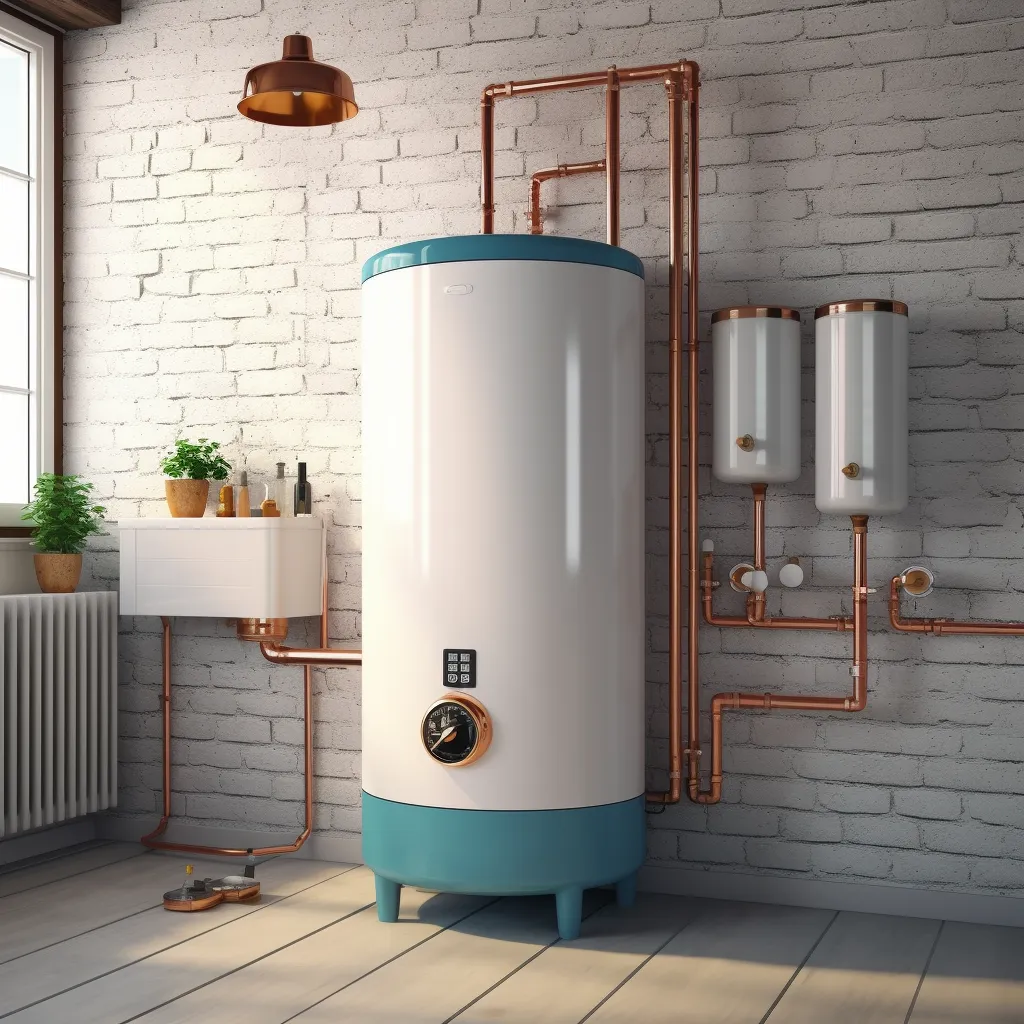
What is the lifespan
of a tankless water heater?
Enjoy long-term savings with tankless water heaters! With proper care, they can last an impressive 15-20 years. These cost-effective appliances are rapidly gaining popularity and are expected to continue improving in the future. Invest in one today and enjoy peace of mind knowing you’ll save money down the line.

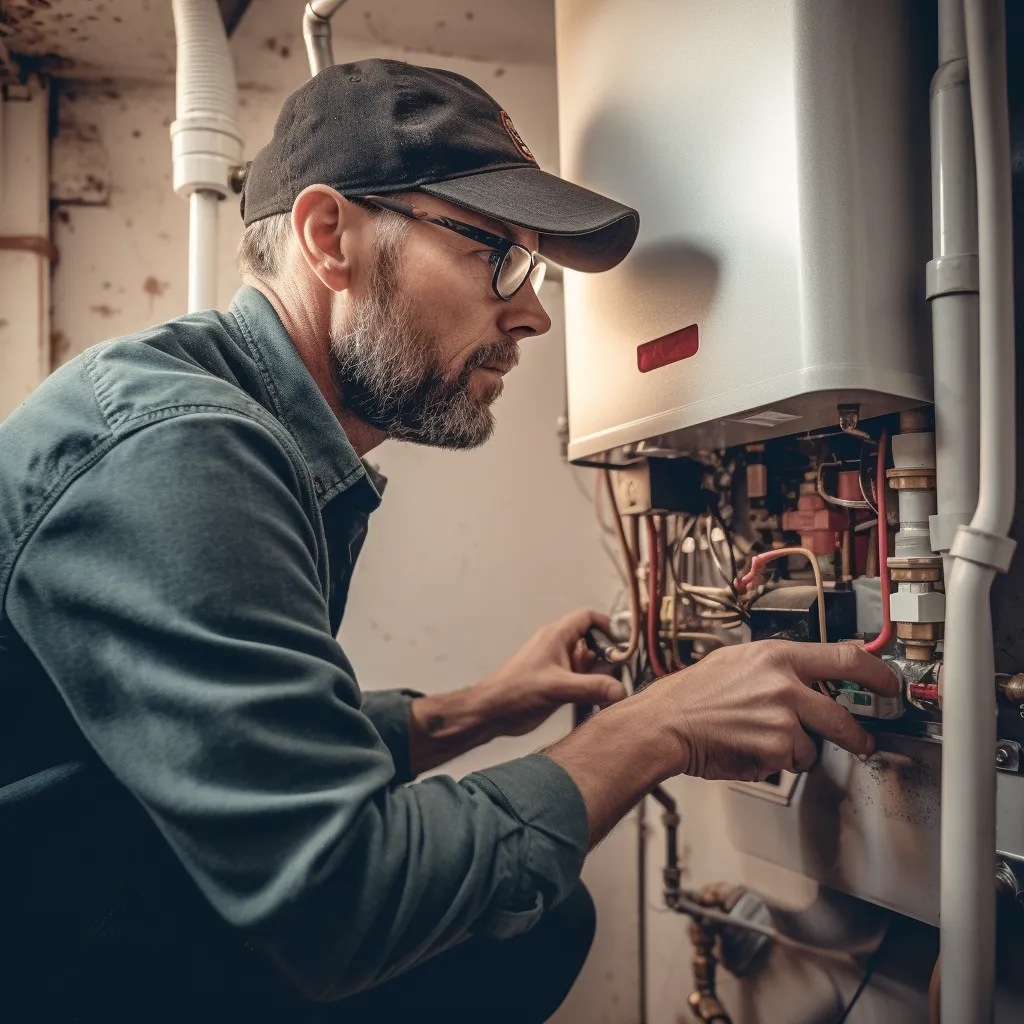
Gas vs electric water heaters
Choosing between gas and electric water heaters for your home can be a tough decision. Gas water heaters heat water quickly with low operating costs, but require maintenance and a gas line. Electric models are easier to install and maintain, but have higher operating expenses and may take longer to heat water. Ultimately, the choice depends on your unique needs and preferences.
How to decide if a tankless or a tank water heater
is right for you
Before deciding if a tankless or tank water heater is right for you, there are several factors to consider:
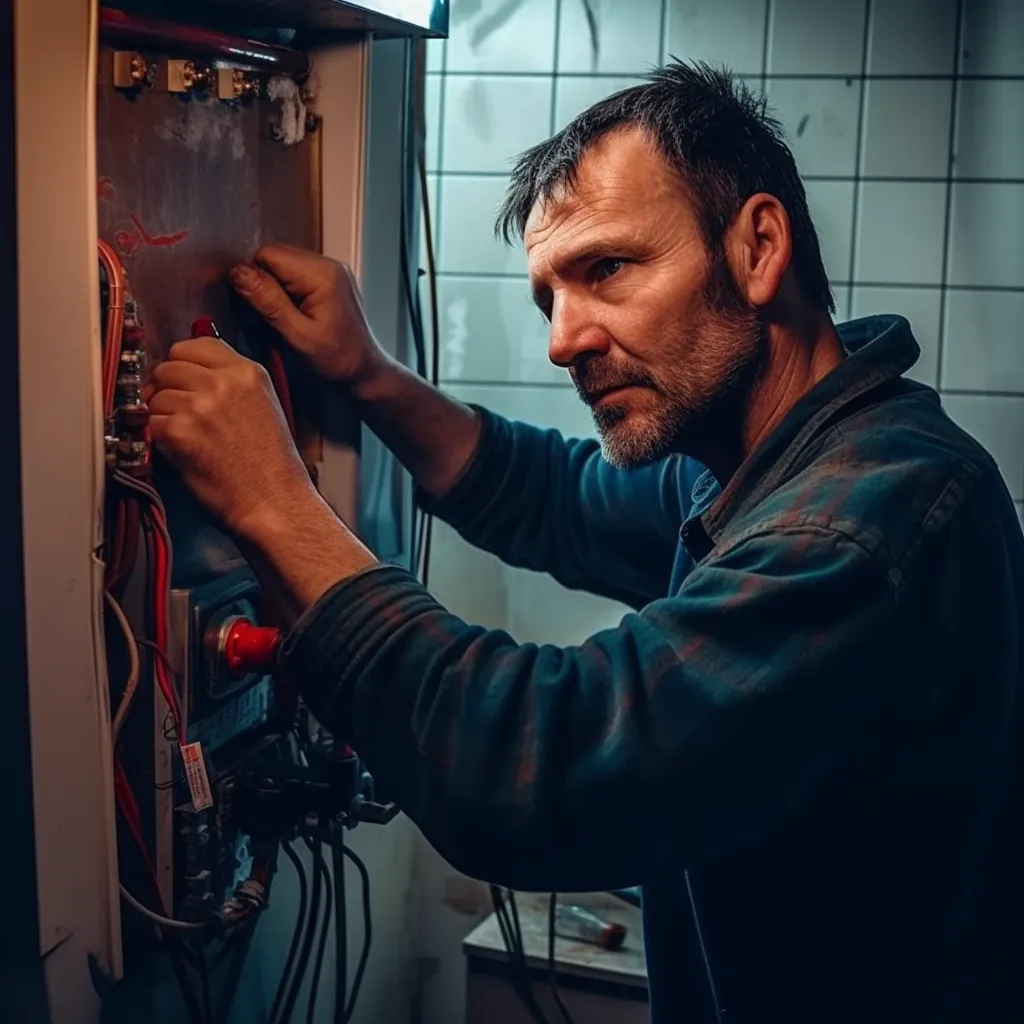
Save on Costs: Although tankless water heaters may have a higher price tag, it's essential to remember their long-term savings on energy bills. Be sure to weigh the total expenses, including installation costs.
Tailor to Your Needs: If you require hot water frequently, a tankless water heater is the right choice as it offers instant hot water without wait times. If you have minimal usage, a tank water heater may suffice.
Consider Efficiency: To make an informed decision, look at the energy-efficient models for both tank and tankless water heaters.
Fit for Your Climate: Tankless water heaters are perfect for areas with extreme temperatures, while tanks are suitable for milder climates.
Save on Space: Tankless water heaters are the perfect choice for those with limited space as they take up less room compared to tanks.
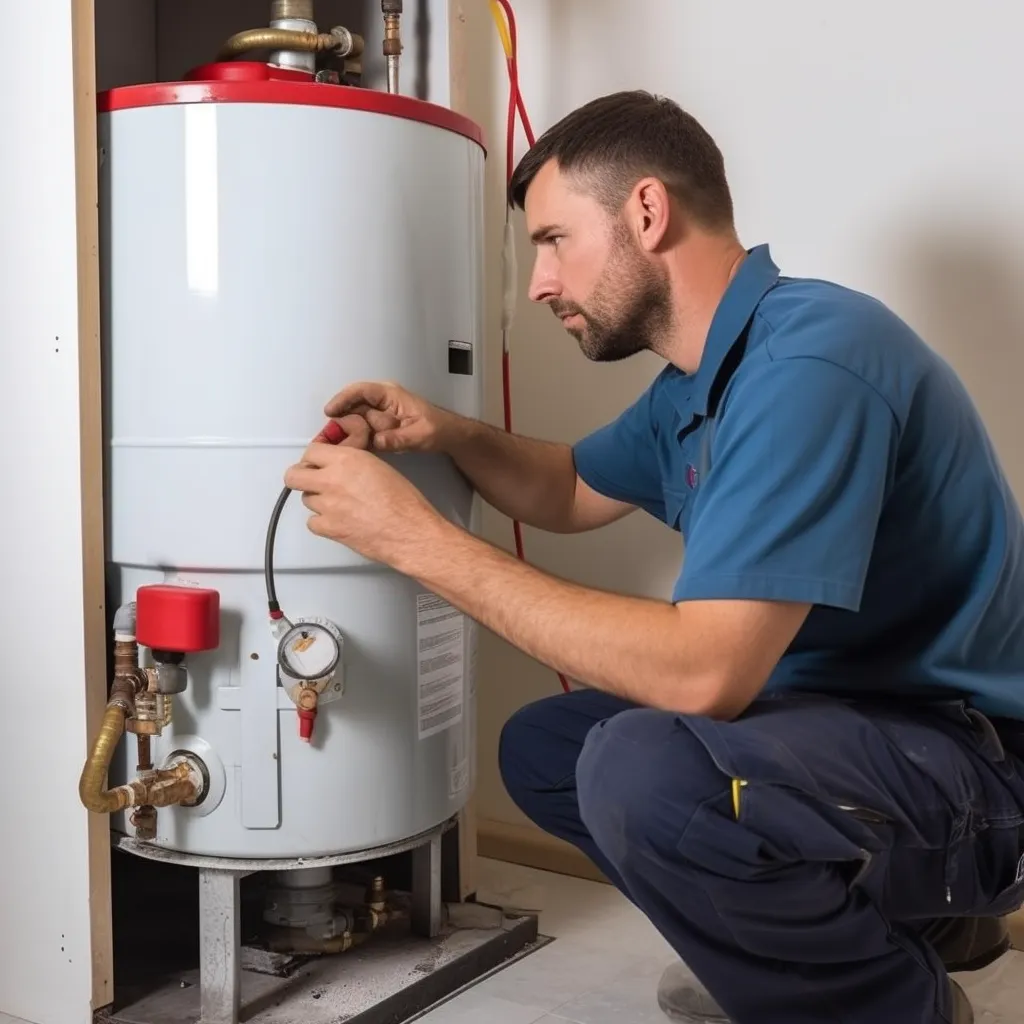
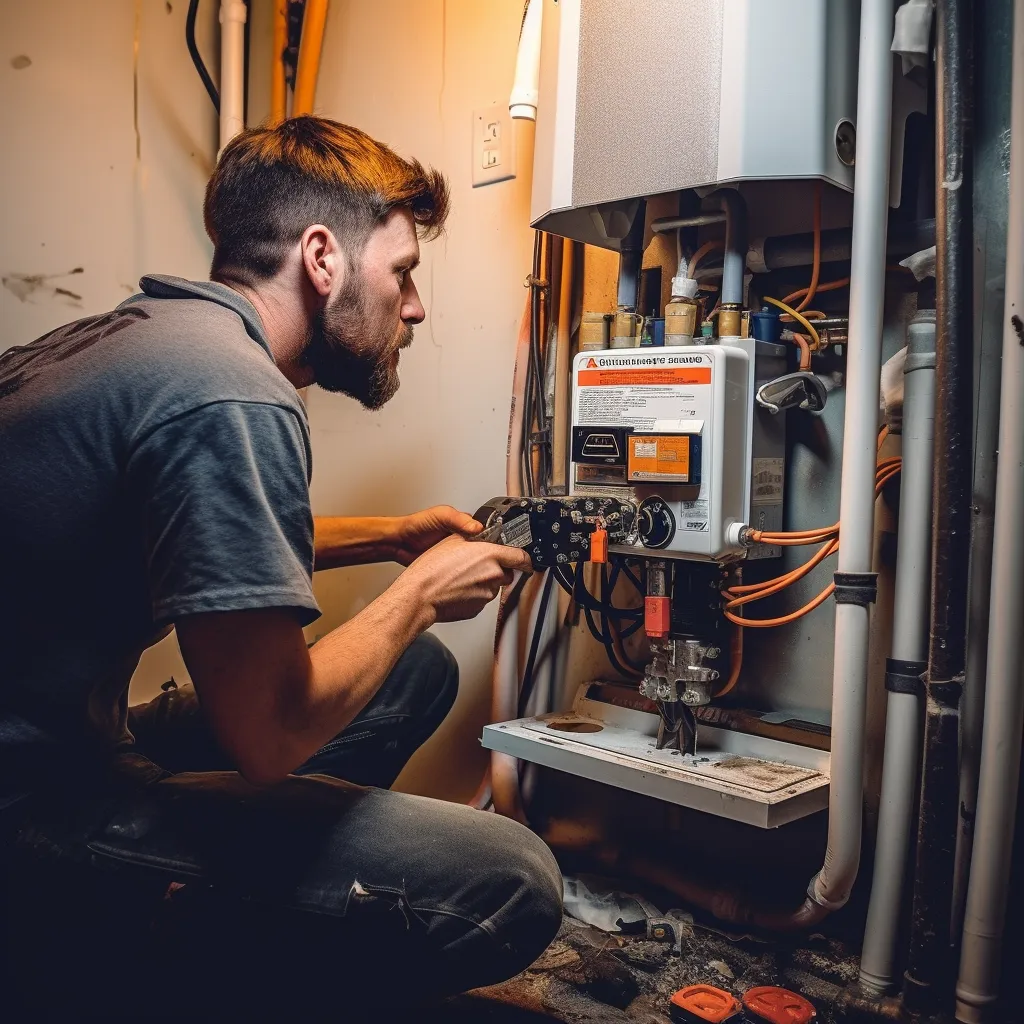
Is it important to hire a licensed professional to install a new water heater?
Ensure a proper installation of your new water heater by hiring a licensed professional. They can recommend the right type and size, while keeping building codes in mind. Avoid dangerous mistakes and enjoy the peace of mind that comes with a job well done.
I

Researching tankless vs tank water heaters
is important
Choosing the right water heater for your home boils down to two options: tank or tankless. But before you make up your mind, take time to consider your individual needs, budget, and installation requirements. By carefully weighing these factors, you'll be able to make an informed decision that can save you money and keep your household running smoothly. Look into different brands and models, take their energy efficiency ratings into account, and choose the water heater that's best suited for your family. With a little research, you'll soon be enjoying all the benefits of a reliable and cost-effective hot water system. Good luck!
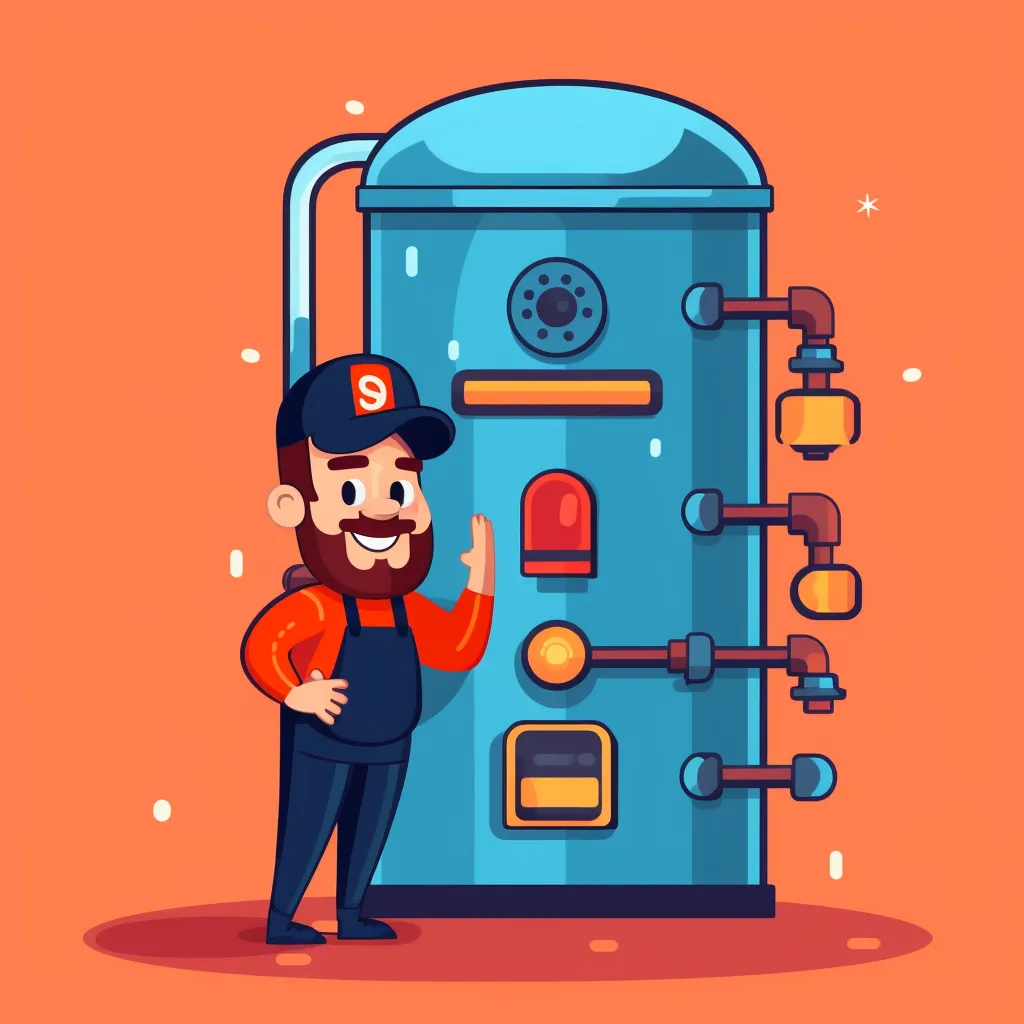
Ready to Solve Your Plumbing Needs?
For reliable, expert plumbing services tailored to the needs of Melbourne and its neighboring cities, look no further than RapidFlow Water Heaters. We’re here for you 24/7, ensuring that your plumbing is always in top condition.
Call us today to schedule your service!
Business Hours: Monday - Sunday, 24 Hours
Phone Number: 321-844-2770
Location: Melbourne, FL, serving all surrounding areas.
Trust your local experts at RapidFlow Water Heaters for professional, timely, and efficient plumbing solutions.
GET IN FULL TOUCH
PHONE: 321-844-2770
EMAIL:
sam@waterheatermelbourne.com
RapidFlow Water Heaters
Melbourne, FL 32901
